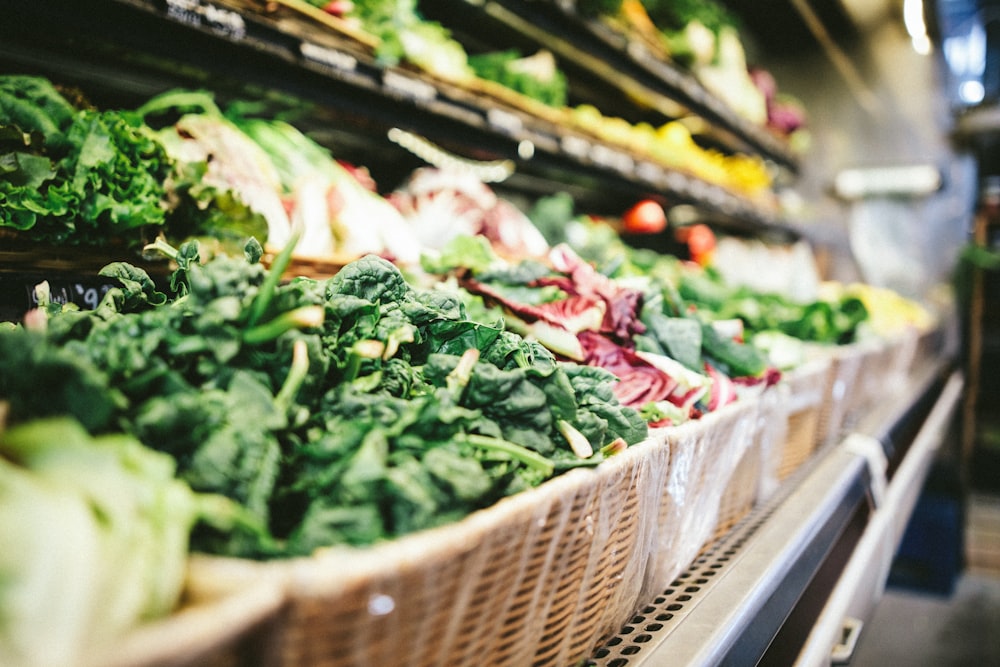In 2019, leading medical journal, The Lancet brought together 37 world-renowned scientists to form the EAT-Lancet Commission on Food, Planet and Health.
The key question addressed was whether we could feed ourselves in a healthy manner and within Earth’s capacity, as the population surges to over 10 billion inhabitants. They reached a conclusion that it was possible, but eating habits would have to change, production would have to decrease and food waste minimised.
The onus is on each and everyone of us to do our part in ensuring that we eat in a sustainable manner.
What does a Sustainable Diet Look Like?
A sustainable diet is not only healthy and nutritious, it is good for the environment too.
The United Nations Food and Agriculture Organization (UNFAO) defines sustainable diets as “Dietary patterns that promote all dimensions of individuals’ health and wellbeing; have low environmental pressure and impact; are accessible, affordable, safe and equitable; and are culturally acceptable.”
In addition to eating for your own health, forming a sustainable diet plan involves considering where your ingredients come from. These ingredients have to be eco-friendly in terms of land and water use, without causing overt deforestation or the destruction of natural habitats. They also have to have minimal greenhouse gas emissions during production.
Incorporating Sustainability into Your Meals
The sustainable meals that you plan shouldn't just be safe for the environment, but beneficial for your body too. A change in eating habits will contribute to your health and wellness while minimising the effects of pollutants, additives and toxins. Here’s how you can begin:
Consider a Plant-Rich Diet
A plant-rich diet leaves the smallest eco-footprint among the different types of diets available. Plants have the highest production to resources ratio, meaning that it takes relatively less land, water and other resources to grow plants than it does to raise animals.
Therefore, experts recommend you consider a plant-rich diet at least a few times a week, to decrease the demand for meat globally. Instead, you can source your proteins from legumes, beans, and nuts.
Reduce Intake of Processed Foods
Processing foods into more convenient and tasty forms often results in a high carbon footprint. Fossil fuels are the main resource used by manufacturers to power their operations. Unfortunately, the use of these fuels contribute to environmental pollution, in the form of excess carbon dioxide.
Imagine the amount of fossil fuels needed for factories to produce your favourite packaged potato chips. Growing whole foods like apples, on the other hand, requires significantly less fossil fuels and even contributes towards reducing greenhouse gases in the atmosphere.
Apart from the added resources needed for processing these foods, their packaging also leaves adverse effects on the environment. Plastic waste is particularly damaging; besides the fact that it does not decompose easily, it also adversely affects societal wellbeing.
Whole foods like fruits, vegetables and whole grains reach consumers without the need for much processing. Therefore, they’re a more eco-friendly option.
Buy Local Produce
Transporting food across borders takes up fuel, and this means more greenhouse gas emissions. To minimise the impact of transportation on the environment, support locally grown fruits and vegetables. It helps that this local produce will, in all likelihood, be more affordable too.
Additionally, although in Singapore we import 90% of our food supply, it helps to choose produce from neighbouring countries, especially when it is in season. For instance, when rambutan and mangosteen season comes around, choose those fruits for your table. Seasonal fruits and vegetables generally consume less resources and don't rely on artificial growth methods which may harm the environment.
Meal Planning to Reduce Food Waste
In 2019, Singapore generated a shocking 744 million kilograms of food waste, which is equivalent to 51,000 double decker buses. This is a significant amount, especially for a country that’s relatively small. It doesn't help that the number is growing, reaching up to 812 million kilograms in 2022.
Food waste is one of the major contributors to greenhouse gas emissions. When food is left to rot in a landfill, it emits methane, which has adverse effects on our ecosystem.
Planning your meals is an effective way to reduce food waste. Always list down your needs when you go grocery shopping and don’t overbuy. If you’re eating out, order only as much as you can eat. If there are leftovers, request to have them wrapped up so that you can take them home for your next meal.
At ReCulture, we take heart from knowing that our programmes make a positive impact on the environment in more ways than one through our prepared meals with unprocessed ingredients, mindful eating and clean eating habits. Knowing that change first starts with us, we endeavour to look for more ways where we can minimise our environmental impact for a brighter future.


